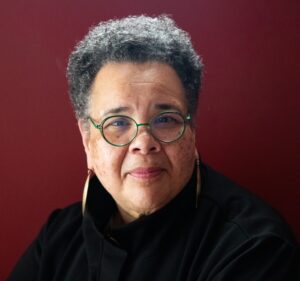Select an item by clicking its checkbox
Our attempts to teach towards openness, towards possibility, towards new glimpses of an uncharted future mean that teaching can be demanding, even confounding. One way I learned to embrace this approach was by incorporating rituals in my course designs. The use of rituals in classrooms allows students an experience that ...
My friend Kenneth Ngwa and I have ongoing conversations about impossible questions concerning the current malaise of education. How do you make your way and guide others when there is no clear direction, when what is next is unclear? How do you do what is needed when you do not ...
If you teach long enough, you will teach a course that feels flat, has low morale, or even fails. While a totally ruined course is rare, there are moments when the sinking, the malaise—yours and that of the students, happens. We all know this experience. If you have never ...
(And audio recording of this blog may be found here.) Creative teachers are sometimes labelled as people who run wild --- meaning we are people whose boundaries are too wide, whose disciplinary habits and practices are too flimsy, whose appetites look beyond what is safely seen, commonly known, or conventionally ...
In my family’s tradition, dreams, visons, symbols, and signs are part of our knowing, understanding, and meaning making apparatus. I grew up with nightly dinner table conversation which effortlessly included sharing dreams, seeking out interpretations, then the habit of reordering a decision based upon spiritual in-sight. Our “cloud of ...
